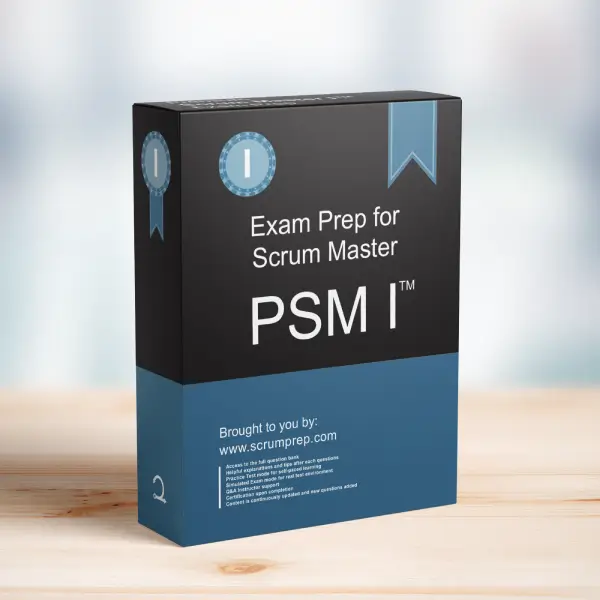Integration of Increments in Scrum: Ensuring Cohesion and Transparency
In Scrum, the integration of Increments from multiple teams working on the same product is essential for maintaining transparency, cohesion, and overall product integrity. This principle is crucial for understanding the collaborative nature of Scrum and is often tested in the PSM I exam.
Exam Question
When many Scrum Teams are working on the same product, should all of their Increments be integrated every Sprint? (choose the best answer)
- A. No, that is far too hard and must be done in a hardening Sprint.
- B. No, each Scrum Team stands alone.
- C. Yes, but only for Scrum Teams whose work has dependencies.
- D. Yes, in order to accurately inspect what is done.
Correct Answer
D. Yes, in order to accurately inspect what is done.
Explanation
Why D is Correct
D. Yes, in order to accurately inspect what is done: Integrating all Increments every Sprint ensures that the product is in a potentially shippable state at the end of each Sprint. This practice aligns with the Scrum principles of transparency, inspection, and adaptation. By integrating Increments, the Scrum Teams can provide a complete, cohesive product Increment, allowing stakeholders to inspect the product effectively and provide valuable feedback. This approach minimizes integration issues and technical debt, promoting continuous delivery and improvement.
Key Points
- Integration: Regular integration of Increments is crucial to ensure that the product evolves as a cohesive whole, with all parts working together seamlessly.
- Transparency: Integrated Increments provide a clear picture of the product’s current state, enabling stakeholders to make informed decisions based on a complete product view.
- Inspection and Adaptation: By integrating Increments every Sprint, the Scrum Teams can identify and address issues early, adapting their approach to meet stakeholder needs effectively.
The Importance of Integrated Increments
In Scrum, the goal is to deliver a potentially shippable product Increment at the end of each Sprint. This requires all Scrum Teams working on the same product to integrate their work, ensuring that the product functions as a cohesive whole. Regular integration helps maintain transparency and enables stakeholders to inspect the product accurately, providing feedback that guides future development.
Role of the Product Owner
The Product Owner plays a vital role in ensuring that the Product Backlog is ordered and refined to maximize value. By working closely with the Scrum Teams, the Product Owner ensures that the integrated Increments align with the overall product vision and meet stakeholder needs.
Role of the Scrum Master
The Scrum Master facilitates the integration process by ensuring that all Scrum Teams adhere to Scrum principles and practices. The Scrum Master helps remove impediments that hinder integration and fosters collaboration among the teams.
Role of the Developers
The Developers are responsible for creating a potentially shippable Increment each Sprint. This includes integrating their work with other Scrum Teams to ensure that the product Increment is complete and functional. By adhering to the Definition of Done, the Developers ensure that each Increment meets quality standards and is ready for release.
Relevance to the PSM I Exam
Understanding the importance of integrating Increments in Scrum is crucial for the PSM I exam. It highlights the need for collaboration, transparency, and regular inspection, which are fundamental to the Scrum framework. This knowledge helps candidates apply Scrum principles effectively in real-world scenarios.
Conclusion
In summary, integrating Increments from all Scrum Teams working on the same product every Sprint is essential for maintaining transparency, ensuring cohesive product development, and enabling accurate inspection and adaptation. This practice aligns with the core principles of Scrum and supports the delivery of high-quality, valuable products.
For comprehensive preparation and practice exams, check out PSM I Exam Prep to enhance your understanding and application of Scrum principles.




